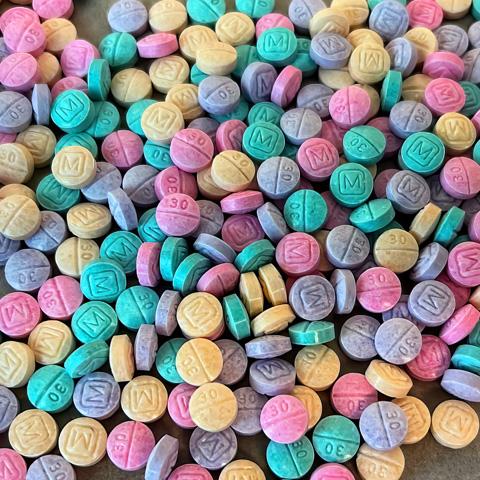Opioid Overdose Prevention
Stop Overdose – Reduce the Stigma
What are Opioids?
- Opioids work in the brain to produce a variety of effects, including pain relief and euphoria. Opioid drugs include illegal drugs such as heroin and prescription pain medicine such as oxycodone (Oxycontin), hydrocodone (Vicodin), fentanyl, codeine, morphine, methadone, and many others.
- Anyone that uses opioids can become addicted, also known as opioid use disorder (OUD).
Opioid Overdose
- Taking illegal opioids or prescriptions opioids without a prescription, outside of how it was prescribed or mixing it with other substances such as alcohol or benzodiazepines can lead to a fatal overdose which stops your breathing and causes death.
Signs and Symptoms of an opioid overdose
- Small, constricted “pinpoint pupils”
- Falling asleep or losing consciousness
- Slow, weak, or no breathing
- Choking or gurgling sounds
- Limp body
- Discolored lips or nails.
What To Do If You Suspect an Overdose?
It may be hard to tell whether a person is high or experiencing an overdose. If you aren’t sure, treat it like an overdose—you could save a life.
- Call 911 Immediately.
- Administer Narcan(naloxone)
- Try to keep the person awake and breathing.
- Lay the person on their side to prevent choking.
- Stay with the person until emergency assistance arrives.
Narcan (naloxone) can reverse an opioid overdose and save a life. The nasal spray is available at the student health center and in campus police vehicles.
- If you or a loved one are at risk for an opioid overdose, call the health center to make an appointment to receive free Narcan.
- Fentanyl Test strips are available for free at the student health center without an appointment.
- Fentanyl and other synthetic opioids are the most common drugs involved in overdose deaths.
- Overdose deaths often result from a user not knowing they have purchased or used fentanyl because it has been mixed with another street drug.
